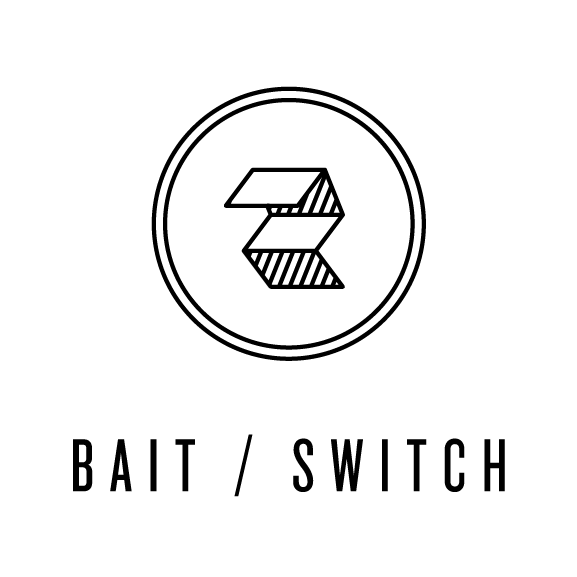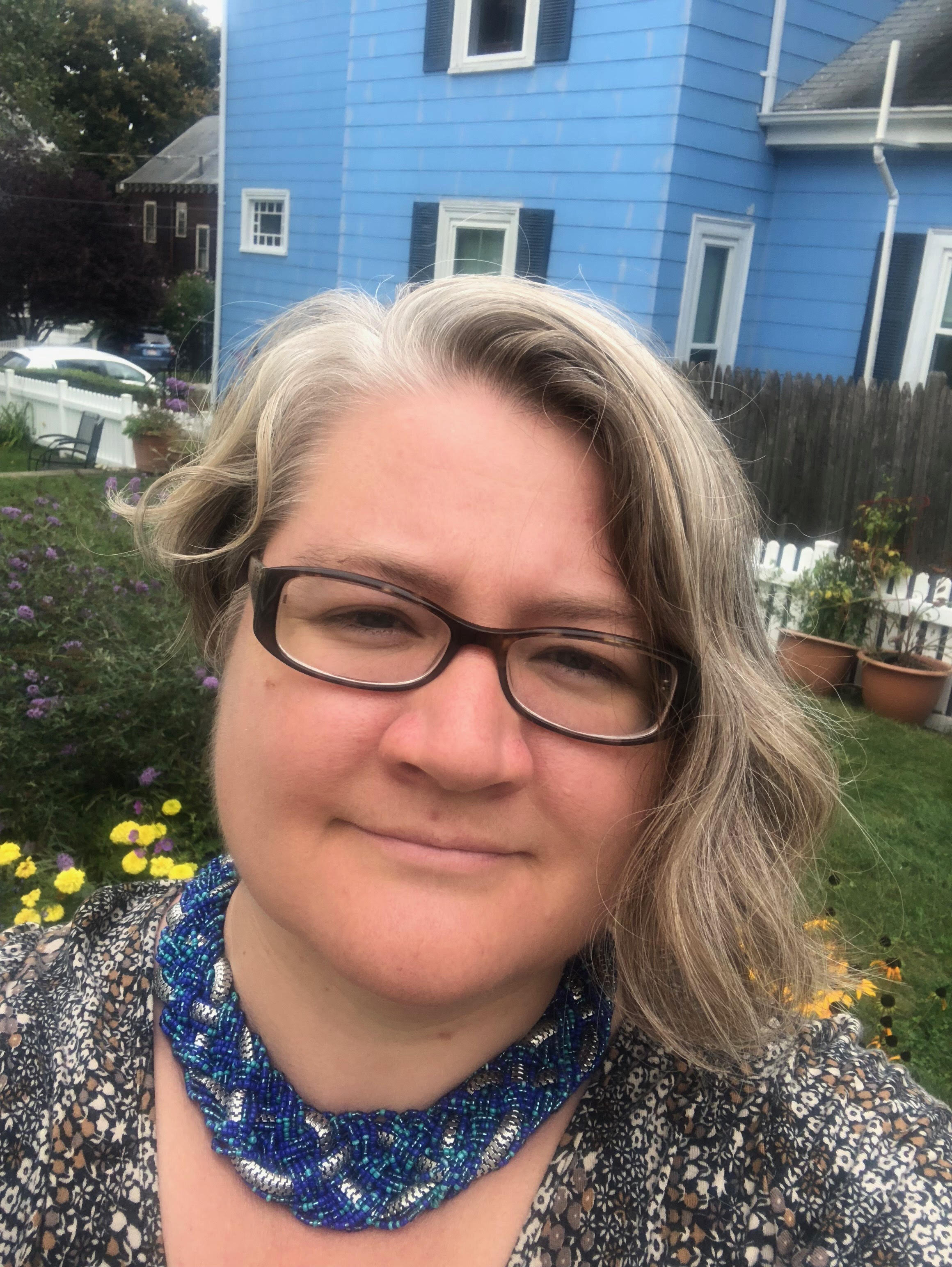Cosmic Turtle
Frances Donovan
I am a sea turtle, adrift in a space ocean, and the first people will call me Turtle Island, and raise corn, and squash, and beans upon me, and each of them will live for a hundred years.
New people will come on ships so fantastical only the shamans can see them. These new people will come bearing beads and smallpox blankets, and a selfish god, a jealous god, I see him on his cloud, ignoring the million moons, the galaxies and supernovas.
The white man’s god chops off the tops of mountains for the metal inside. He piles steaming slag close to streams, and the Earth’s bones poison the land and the animals upon it. He paves over fields and invents flying machines to fly apples and lettuces from Chile.
I am too large to help. I am too small to help. I swim through the cosmos, basking on white dwarfs and nebulas. I swim through the rivers, basking on logs and rocks in the sun.
At the Trailside Museum, they build a pond for me lined with concrete, and I bask there on the island with its astroturf and its plastic palm tree. One hundred yards away the cars rush by. The sun shines on the cars and on my pond.
This is the day the Lord has made. This is the turtle the Void has made.
“I’ve sort of idealized nature in a way that somebody living in a rural setting wouldn’t necessarily.”
Interview by C. VanWinkle
Can you describe for me what it was that you responded to?
Sure. I got a drawing of a giant turtle with kind of a cosmic background. The drawing was like, not negative space exactly, but it was white on black and there were stars and mountains of the top and the turtle was in the middle. It was all black-and-white except that the turtle had a little bit of red on its neck.
So what happened?
Well, I was thinking about a few kind of myths and origin stories that I know about turtles. I know that Native Americans called North America Turtle Island, and Terry Pratchett, who wrote a bunch of books about the Discworld. In his books, the Discworld is a flat disk. It rides on the back of four elephants that ride on the back of a big turtle that swims through the cosmos.
Okay, and that led you to some kind of origin story?
Yeah, I mean, I just did a free write, so I try not to think too much about what I’m doing when I do my free write, but it definitely had a mythic feel to it. There’s something about the size of the turtle. In a different drawing, I think it would have given me different impressions, you know. It wasn’t like a very small, detailed drawing of a turtle in a pond or something like that. Although that did come out in my writing, the idea of the big turtle and the small turtle. But it definitely felt very cosmic to me at the beginning.
I really loved your juxtaposition of: the turtle is big, the turtle is small. The turtle is big enough to swim through the cosmos, but small enough to be by a plastic palm tree and cars going by. Do you work a lot with juxtaposition or paradox?
The tree in Frances’ back yard that caused so much trouble.
I think it comes up in my writing. I think also the notion of changing scale, like pulling focus, really getting in there into the details, and then pulling back with the much wider perspective. I think you’ll see that in writing. I think what was interesting for me in this story: I felt a little awkward about the basic narrative, because I feel on the one hand like it’s a narrative that’s been told a lot, and on the other hand, it’s a narrative that I don’t necessarily have the right to tell, since it’s the story of Native Americans and I’m a descendant of the Europeans who came in and caused the genocide, etc. etc.
I’m not sure if this came out, yeah, I think it’s in there. It says, “I am too large to help. I am too small to help.” So the turtle is either very big, so big that it carries the entire world on its back and it can’t intervene with what’s happening (turtles can’t reach their shells), or it’s so small that it also just doesn’t have the ability to interfere with human history. If that makes sense. So it’s a witness, and I think it has some judgment about what’s happening, but it’s not able to actually affect any change.
You also touched on some environmental issues. Is that a topic that’s particularly important to you?
I think it comes up. On a personal level, I could be a lot more committed to eliminating waste and climate change and that sort of thing, but I feel a very deep connection with nature. Living in the city, I find it really distressing when open spaces and green spaces are closed in and turned into more apartment buildings. But I think on a grander scale, I know that I probably could do more things. I do what I can; I recycle, I compost, I don’t drive very much. A friend of mine told me that one of the best things that you can do for climate change is to not have a kid. [laughs] That wasn’t really why I decided not to have children, but…
…But it can make you feel a little better about your carbon footprint.
Something I find really interesting about human beings’ relationship with nature is that because I live in a city, I’ve sort of idealized nature in a way that somebody living in a rural setting wouldn’t necessarily. I think a perfect example of this is the tree that’s in our yard. I’ve always really loved trees. I actually head up a neighborhood association and we have taken steps to ensure that trees don’t get cut down. But we have a tree in our own yard who, during a drought, the roots started to infiltrate the sewer system. So our sewer line was completely blocked.
Whoa!
And it was sort of like, Well if it’s between us being able to poop and the tree, I think being able to poop is going to win out! [laughs] Fortunately, we were able to save the tree and we were able to replace the sewage line.
Okay, you were able to do both.
Yeah, we were. When we drive in the country, I think of the fantasy of moving to someplace more rural, but also the fact that I wouldn’t be walking very much if I lived in a very rural place. I’d pretty much be driving everywhere.
That’s a good point. That’s one of my favorite things about living in the Boston area. I can walk and bike most places.
That’s what I love about my neighborhood. I can walk to go to the grocery store, I can walk around the Arboretum… The houses are densely packed and everything, but I’ve always wanted to be right at that sweet spot where I’m close to the city, but in a neighborhood that still has trees and yards. Gotta have some grass. I grew up in a high-rise apartment building, so I really don’t want to repeat that experience.
How does this piece fit with the rest of your work? Is this similar to or representative of the things you do?
You know, work changes over time. But it’s really very different than the stuff that I’ve been working on recently. I have a manuscript that I’ve been working on that deals a lot with the archetype of the Princess, which of course sounds pretty twee and kind of turns a lot of people off. But it’s an exploration of coming-of-age and childhood experiences, and what it means to be female, and like the different aspects of femininity. And none of that is really mythic or cosmic.
Now that you are finished and you think about where you began with this piece, is this the thing you set out to create? Did you accomplish your goal?
I think I accomplished my goal in the sense that I created a lyric essay or flash fiction or prose poem in response to the prompt, but I don’t think it’s finished. I tend to sit on things for a pretty long time and go back and rewrite them. So, you know, I wrote this piece. I workshopped it with a group of poets who I really trust, and they helped me make it a bit better. My initial free write started with, “When I am an old turtle, I shall wear purple with a red hat. That doesn’t go!” [laughs] I did strike that from the from the poem because it wasn’t really setting the right tone.
So your usual process is to let things marinate for a long time, sleep on it, edit it, blah blah blah. Okay. Does that make a project like this an exciting challenge or is it more infuriating?
It’s not been infuriating, but it’s definitely stress-inducing. So I really appreciated your feedback on the piece and saying that you liked it because I didn’t feel particularly proud of it. You know, and that’s what I like about Bait/Switch. There’s something really refreshing about sending something out into the world when it’s very new. I used to blog a lot more than I do now, and there’s a kind of instant gratification that comes when you send something right out into the world, but I’m just a lot more careful about sending out finished products than I used to be. I used to send out a lot of unfinished products, if that makes sense.
Yeah, I think because I don’t know your normal process, I only see the finished product. So you probably look at it and see all the things that you would like to change or things you’re not sure about, and I look at it and see all these exciting things I’ve never seen before.
Thanks. I feel the same way about the turtle drawing, so…
Right! We don’t know how that artist felt about it, but we know how we feel about it.
Right. Exactly.
Do you have any advice for someone else participating in this project?
I would say don’t stress out about it too much. Depending on what someone’s creative process is like, it may be short-term for them or long-term. I think it’s important to recognize that this project is designed to be kind of a community project and that there is a sense of spontaneity to it and it’s okay to go with that.
Call Number: C45VA | C46PP.doCo
Frances Donovan’s chapbook Mad Quick Hand of the Seashore was named a finalist in the Lambda Literary Awards. Her poems and interviews have appeared in a bunch of places, including The Rumpus, Heavy Feather Review, and SWWIM. She spends way too much time indoors.



